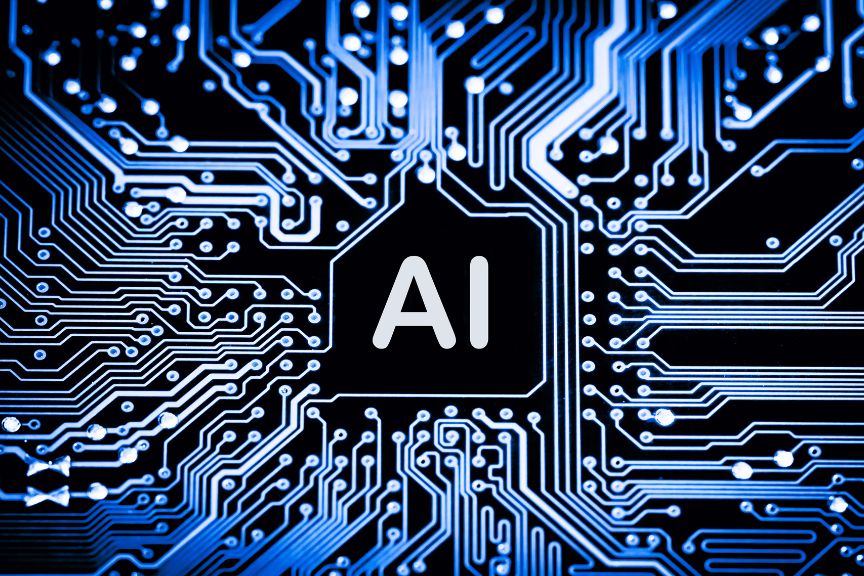Artificial Intelligence, commonly known as AI, is a term you’ve probably heard a lot about recently. But what exactly is AI? In simple terms, AI refers to computer systems or machines that can perform tasks that usually require human intelligence. These tasks include problem-solving, learning, understanding language, recognizing patterns, and even making decisions.
Imagine having a personal assistant who understands your needs and preferences, learns from your behavior, and helps you with daily tasks. That’s a small glimpse of what AI can do. From recommending movies on Netflix to suggesting the quickest route on Google Maps, AI is already a part of our everyday lives.
How Does AI Work?
AI works by using complex algorithms and data. Think of an algorithm as a set of rules that a computer follows to complete a task. These algorithms analyze massive amounts of data, learn from it, and then make predictions or decisions based on that learning. For instance, when you use a voice assistant like Siri or Alexa, AI is at work. It listens to your voice, processes what you’ve said, understands the meaning, and responds accordingly.
Types of AI
There are two main types of AI: Narrow AI and General AI. Narrow AI, also known as Weak AI, is designed to perform a specific task. Examples include facial recognition software, chatbots, and recommendation engines. Narrow AI can do its job exceptionally well, but it doesn’t have the ability to understand or learn anything beyond its specific task.
On the other hand, General AI, also known as Strong AI, is more advanced. It can learn and understand like a human, think creatively, and apply knowledge to solve problems in various areas. While we are not quite there yet with General AI, it remains a goal for future development.
Real-Life Examples of AI
AI is making waves in various fields, such as healthcare, education, and entertainment. For instance, in healthcare, AI can analyze medical records and help doctors diagnose diseases faster and more accurately. Imagine a scenario where a patient’s symptoms are fed into an AI system, and it suggests possible conditions, saving time and potentially lives. In education, AI-powered tutoring systems provide personalized learning experiences for students, adapting the lessons to their individual pace and understanding.
Another example is self-driving cars, which use AI to navigate roads, understand traffic signals, and avoid obstacles, making driving safer and more efficient. AI in gaming also creates more realistic environments and smarter opponents, providing a richer gaming experience.
How AI is Impacting Our Future
The future of AI is incredibly promising. It has the potential to transform industries, improve productivity, and even solve some of the world’s biggest challenges, like climate change and healthcare crises. Companies are investing heavily in AI research to develop smarter technologies that can make our lives easier and more efficient.
However, as we embrace AI, it’s essential to consider ethical concerns. Questions about privacy, job displacement, and decision-making are being raised. As AI continues to evolve, it’s crucial to ensure that it is used responsibly and ethically.
Conclusion
So, what is AI? It’s a fascinating field of technology that is already shaping our world in many ways. From making our daily tasks easier to revolutionizing industries, AI is here to stay. By understanding AI, we can better prepare for a future where intelligent machines will play an even more significant role in our lives.
AI is no longer just a concept from science fiction movies. It’s a real, powerful tool that can improve our lives, solve problems, and open new possibilities. Whether it’s making your smartphone smarter or helping doctors save lives, AI is the key to a brighter future.
